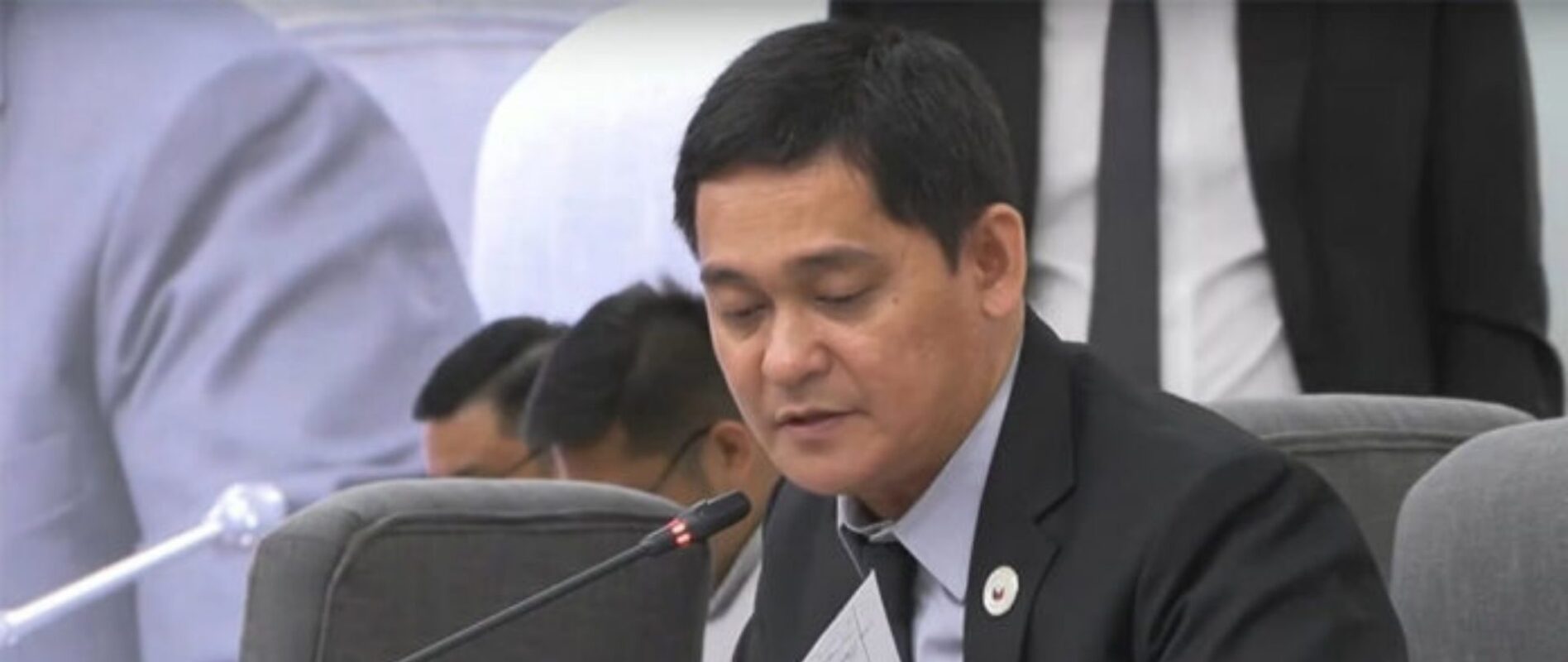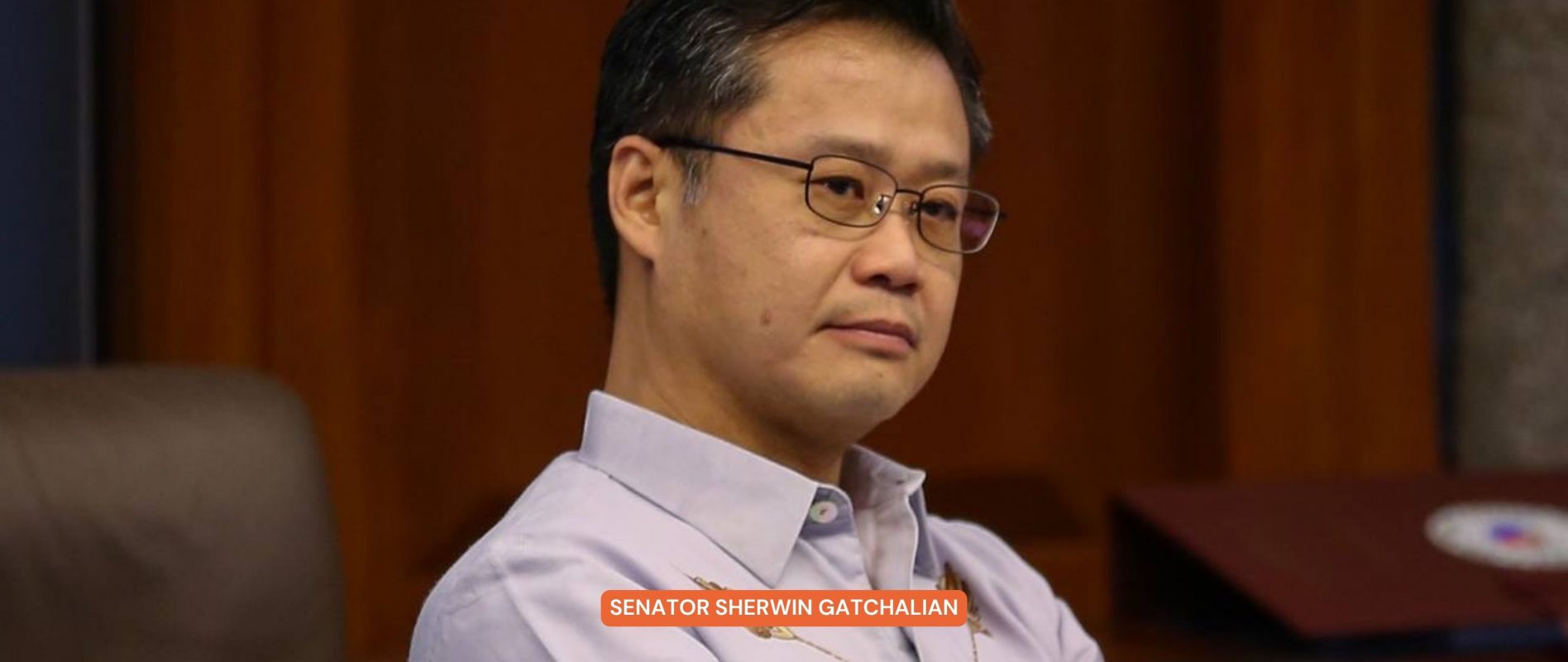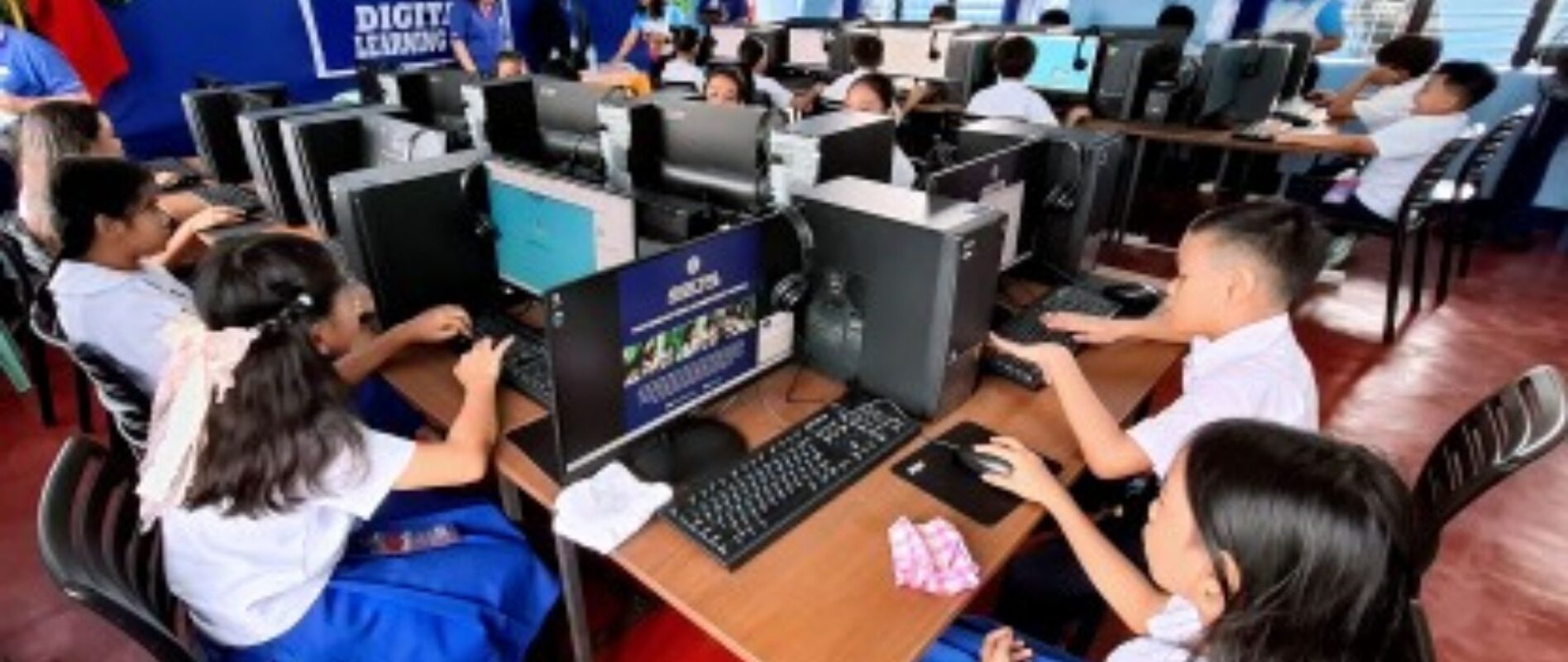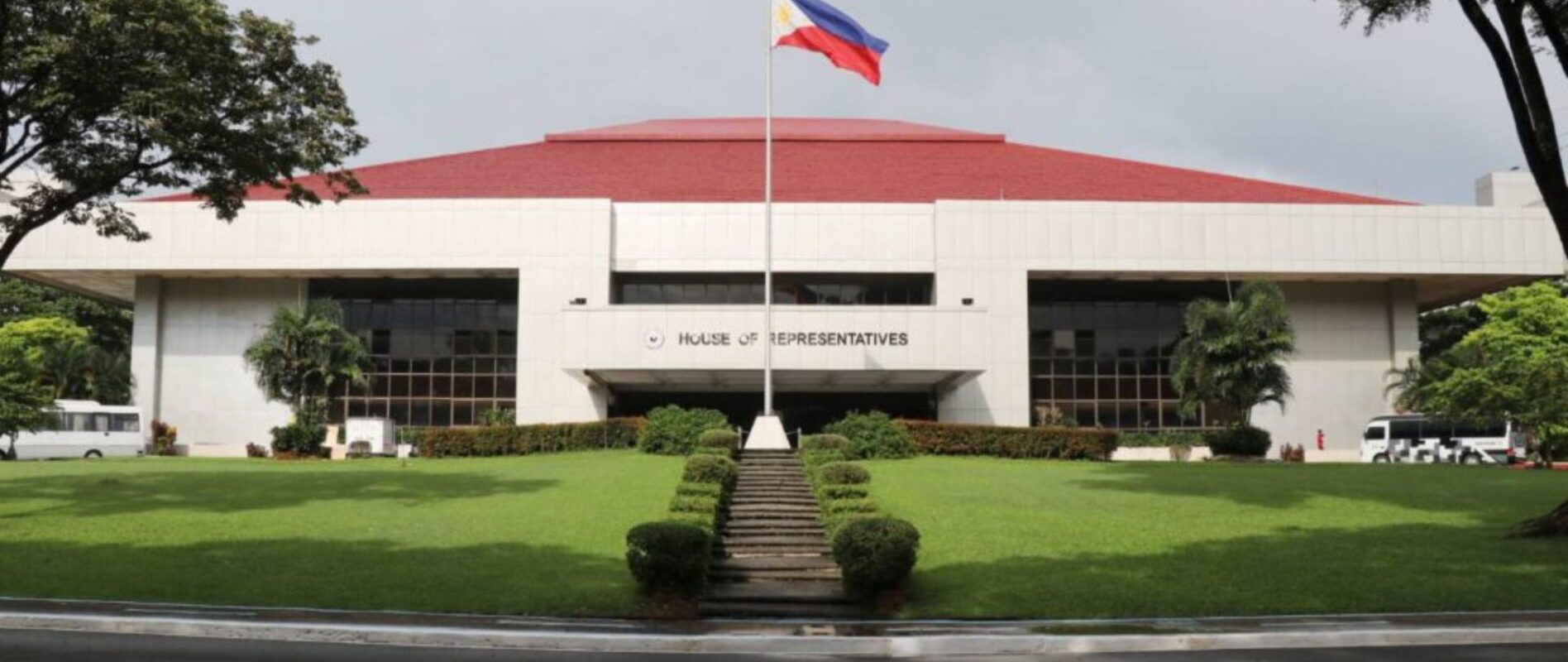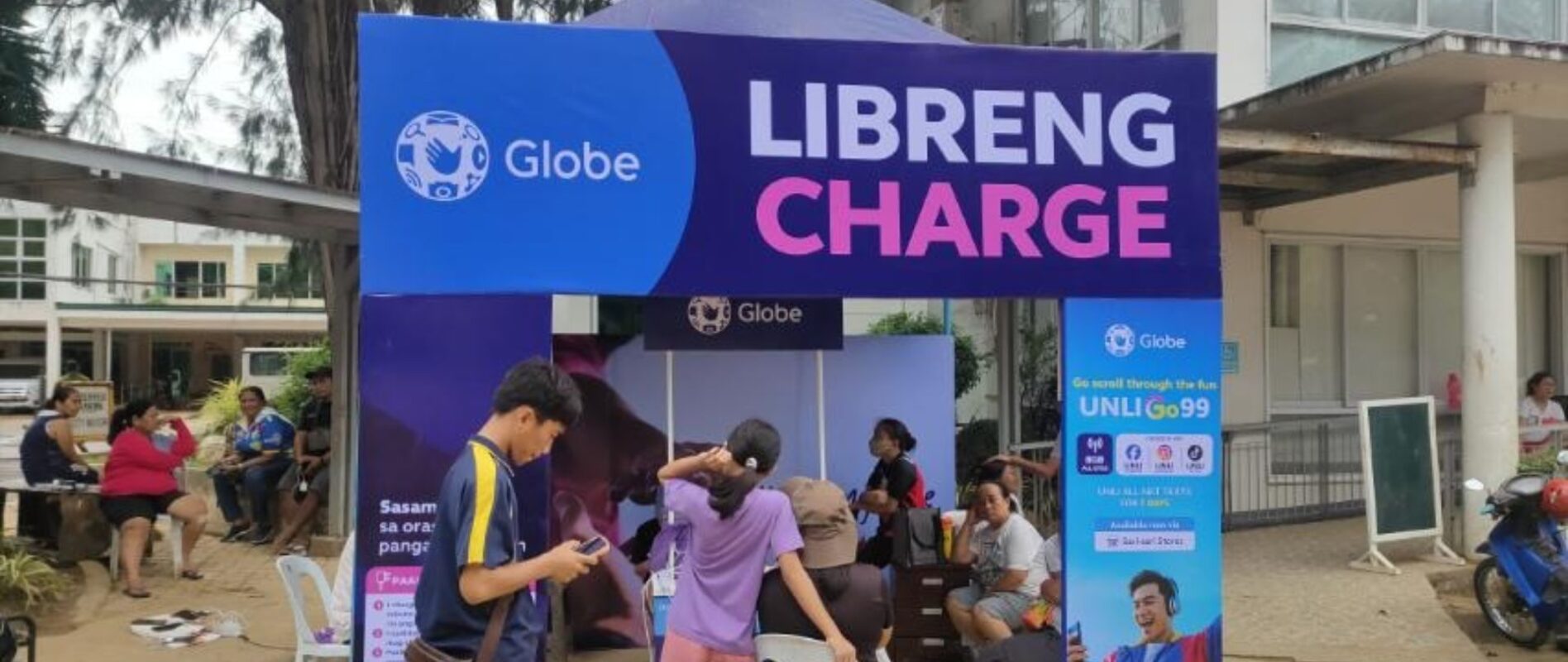YOUTH URGED TO HELP SOLVE PROBLEMS ON PLASTIC WASTE
ANTIQUE Rep. Loren Legarda called on the youth to be more involved in environmental initiatives, especially in reducing plastic waste.
She pointed out that the youth had the greatest stake in the sustainability of the environment.
Legarda made the call during her keynote speech at the Consumer Youth e-Forum facilitated by the Department of Trade and Industry in collaboration with the National Youth Commission as part of the annual celebration of the World Consumer Rights Day. The theme of the event was “Tackling Plastic Pollution.”
“I have always been firm in my belief that you, our youth, are key partners in climate action — which is why I always reiterate the need to empower you by giving you the space and the capacity to be heard, to decide, and take meaningful action,” she said.
“The fresh perspectives, the energy, the innovative actions that only young people like you can bring might be exactly what we need to break this cycle of unsustainability by changing long-standing behaviors and patterns of consumption, systems of production, and ways of living,” the lawmaker added.
Legarda lamented the report of the World Economic Forum, the Ellen MacArthur Foundation, and McKinsey & Company in 2016 that the world produced 20 times more plastic in 2014, around 311 million tonnes, than it did in 1964 at 15 million tonnes.
The report warned that if this continues, the world’s oceans would have more plastic than fish by 2050.
“We have to remember that plastics may be easily thrown away, but we cannot rid ourselves of the consequences just as easily. These consequences, as you know, include its effects on the environment,” she said.
Legarda explained that the greenhouse gas emissions created by the production of plastics threaten the planet’s ability to keep global temperature rise below 1.5˚C — the threshold beyond which vulnerable countries like the Philippines cannot thrive, and may not even survive.
She filed the proposed Single-use Plastics Regulation and Management Act, which calls for the strict regulation of plastic production and aims to phase out single-use plastics.
The measure also encourages the use of native reusable bags made of organic or recycled materials, and reusable containers made of glass or non-toxic and non-hazardous materials.
Legarda said that the Philippines is one of the world’s worst plastic polluters.
Moreover, Legarda recognized the role of youth as drivers of environmental change and as leaders in solving the problem of plastic waste.
She noted that the younger generation knows better that the world needs more than 3 Rs —Reduce, Reuse Recycle and is aware that we need to work on a wider scale if we want to tackle the problem of plastics, especially since most governments, particularly in less developed countries, do not have efficient recovery systems.



